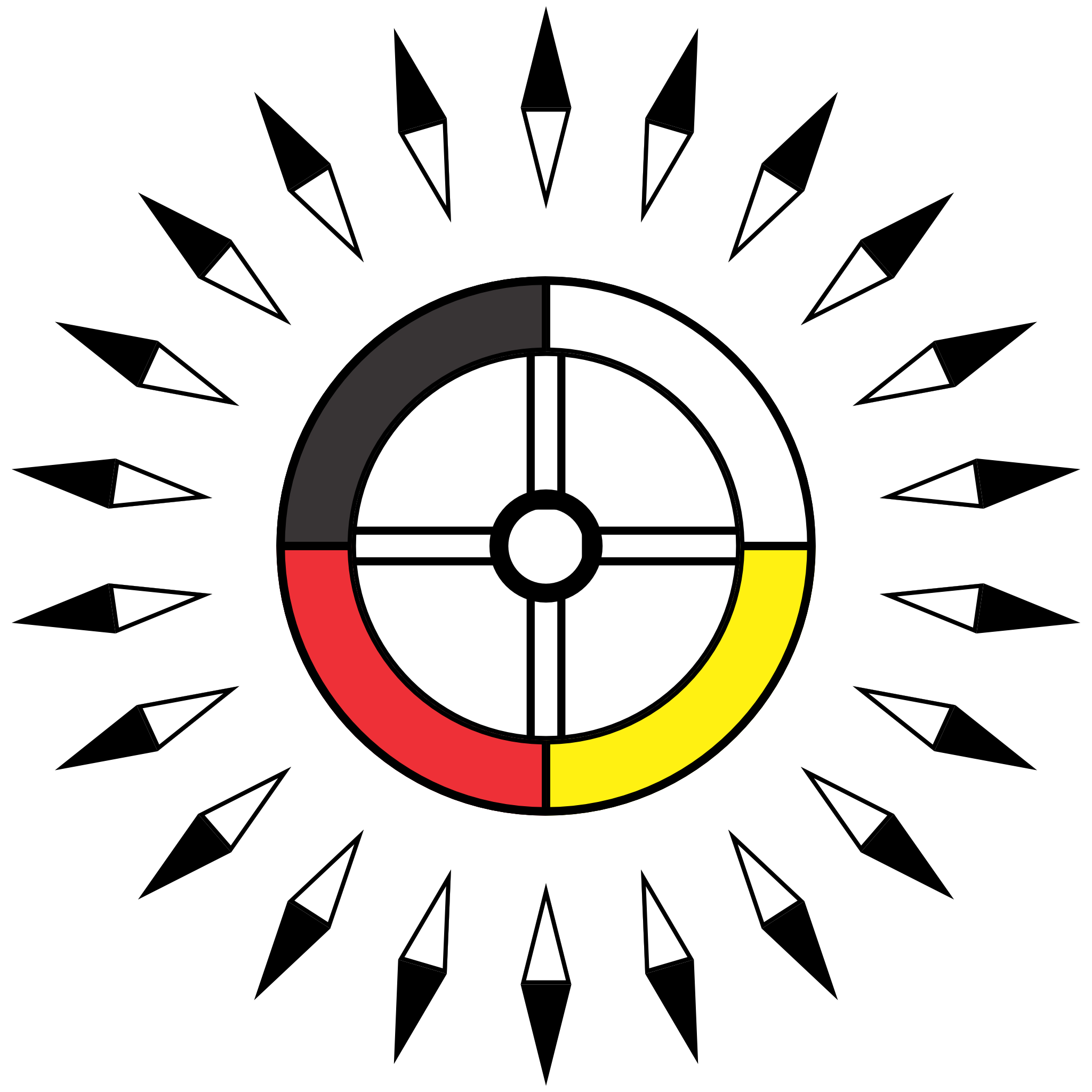Myrna Redleaf (she/her) is a junior at Haskell and is a new addition to the Haskell chapter of AISES; she has worked with the team on their beehive and rocketry teams. To prepare for this workshop, Redleaf has been working to educate herself on the NASA Sounding Rocket Program and how the experiments that occur impact research. Redleaf hopes this workshop will help strengthen her confidence in working with intimidating technologies and techniques and plans to lead by example and show other students they are capable of achieving anything.
“It’s important for our campus and community to have many disciplines involved in STEM. I’m looking forward to learning and strengthening techniques that will be used and becoming more confident and aware of the technologies that will be used,” said Redleaf.
Students from NASA’s RockOn and RockSat-C program work on their experiment before it will be integrated into a sounding rocket. NASA/Madison Olson
This June, Haskell’s AISES team will participate in NASA’s RockOn Workshop at the Goddard Space Flight Center Wallops Flight Facility on the Eastern Shore of Virginia. The workshop will begin on Friday, June 14, 2024, and conclude with a rocket launch on Thursday, June 20, 2024.
NASA’s RockOn Workshop is a program designed to teach participants how to create a sounding rocket experiment over five days and then launch it into space on the sixth day of the workshop. Haskell’s team in attendance includes Andrew Noline, the AISES Engineering Projects Lead, Myrna Red Leaf, Haskell student and AISES member, and AISES sponsor Dr. Jessica Burghart.
Sounding rockets, sometimes called research or suborbital rockets, are instrument-carrying rockets designed to take measurements and perform scientific experiments during suborbital flights. NASA’s sounding rockets have been around for about 40 years; the program has remained at the Goddard Space Flight Center since it was transferred from the Naval Research Laboratory in December 1958. In the past, participants have been able to perform experiments that included measurements of acceleration, rotation, velocity, magnetic field, temperature, pressure, and radiation levels.
This summer will be the first time that Haskell has participated in this program; however, in the past, Haskell has participated in the First Nations Launch, where they will be competing in April. The goal of the RockOn team is to collect information and bring back as much information and opportunities as possible, hoping this will be something future Haskell students pursue. As the workshop gets closer, the team is preparing by reading more about NASA’s Sounding Rocket Program’s history and how modern rocketry and scientific experimentation have influenced this program.
Dr. Robert H. Goddard (second from right) and colleagues holding a liquid-propellant rocket in 1932 at their New Mexico Workshop.
For Andrew Noline, AISES Vice President, this workshop can give him hands-on experience with STEM careers beyond Environmental Science. Noline is a sophomore studying environmental science and plans to pursue a career in aerospace engineering. For Noline, AISES has helped to change and inspire his education and career by showing him how many opportunities are available within the STEM world. During the Fall semester, Noline and his team plan to work with the Haskell Seminar class to help bring new people into AISES and showcase what is possible within the organization.
“I’ve been able to meet a few amazing role models who have already helped pave a path for future Indigenous STEM students, and I hope I can follow their example,” said Noline.
Myrna Redleaf(she/her) is a junior at Haskell and is a new addition to the Haskell chapter of AISES; she has worked with the team on their beehive and rocketry teams. To prepare for this workshop, Redleaf has been working to educate herself on the NASA Sounding Rocket Program and how the experiments that occur impact research. Redleaf hopes this workshop will help strengthen her confidence in working with intimidating technologies and techniques and plans to lead by example and show other students they are capable of achieving anything.
“It’s important for our campus and community to have many disciplines involved in STEM. I’m looking forward to learning and strengthening techniques that will be used and becoming more confident and aware of the technologies that will be used,” said Redleaf.
Over the last four decades, NASA’s Sounding Rocket Program has significantly contributed to flexible scientific research thanks to its ability to design, integrate, and recover experiments swiftly. To the best of the team’s knowledge, the specific experiments and equipment will be allocated upon our arrival at NASA’s Wallops Flight Facility. The team applied for the BIE Professional Development Funding for STEM Educators and Students and were all awarded an amount to cover registration for the workshop and the entirety of the trip.
If any students are interested in joining AISES, the team meets every Thursday at 5 PM.
